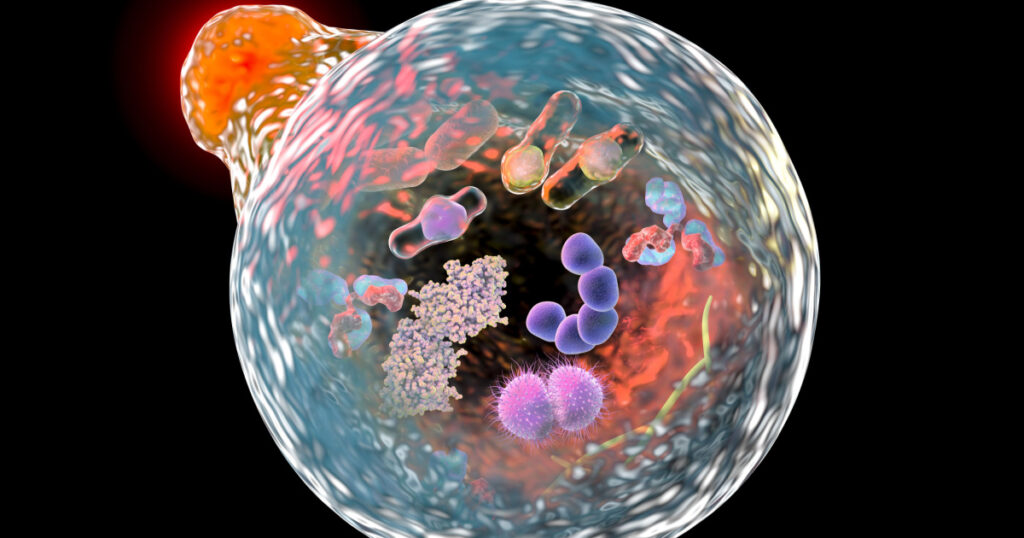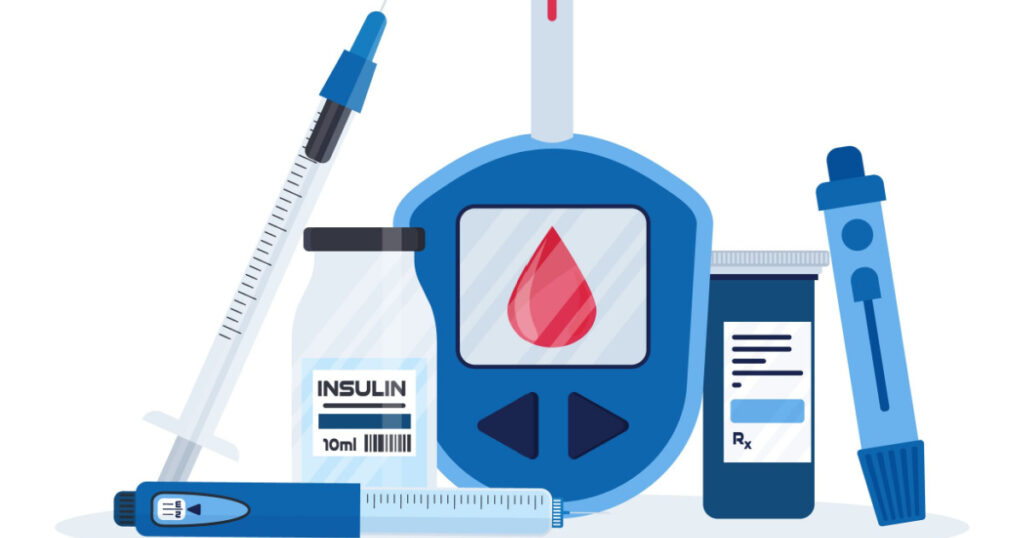Water fasting, a practice where individuals consume only water and abstain from food for a specific period, has garnered significant attention in recent years due to its purported health benefits.1 However, while some enthusiasts believe in its potential advantages, it’s crucial to approach water fasting with cautious skepticism. The existing evidence supporting its effectiveness remains limited, and this fasting approach is not without potential risks.
This article delves into the potential effects of water fasting on the immune system, aging, and heart disease, examining both its potential benefits and drawbacks in the context of the available research.
Understanding Water Fasting and its Variations
At its core, water fasting involves abstaining from consuming any form of food or beverages except water for a specified duration. This method falls under the broader umbrella of intermittent fasting, which includes various strategies like Alternate Day Fasting (ADF), the 5:2 diet, and Time-Restricted Eating (TRE). Although water fasting might result in temporary reductions in body weight and blood pressure, it’s vital to recognize that achieving “clinically significant” weight loss, typically defined as over 5% from baseline, isn’t consistently observed with all fasting variations.2
Impact on Body Weight and Metabolism
One of the immediate effects of water fasting is a short-term reduction in body weight. However, it’s important to understand that the weight loss experienced during this process primarily stems from water loss, carbohydrate depletion, and a minor degree of muscle mass reduction. It’s critical to acknowledge that this swift decrease in weight might not be sustainable over time and could potentially lead to dehydration if proper hydration isn’t maintained.4
Read: 6 Ways Fasting May Benefit You: Blood Sugar, Weight Loss & More
Potential Benefits of Water Fasting
Autophagy

Emerging from animal studies, intriguing evidence suggests that water fasting could trigger autophagy—a cellular process responsible for breaking down and recycling aged cellular components. This mechanism, if induced, might play a role in protecting against various diseases, including cancer, Alzheimer’s, and heart disease. However, the translatability of these findings to humans demands further investigation and exploration.
Blood Pressure and Heart Health

Medically supervised water fasting exhibits temporary benefits such as reducing blood pressure levels and lowering LDL cholesterol—a well-established risk factor for heart disease. However, the long-term implications of such improvements on overall heart health remain uncertain, and these effects might wane once the fasting period concludes.3
Insulin and Leptin Sensitivity

Another potential advantage of water fasting is its ability to enhance insulin and leptin sensitivity. This enhancement could potentially contribute to better regulation of blood sugar levels and a lowered risk of obesity.
Reduced Risk of Chronic Diseases:

Limited studies have hinted at the possibility that water fasting might mitigate the risk factors associated with chronic diseases like diabetes, cancer, and heart disease. Nonetheless, the evidence is insufficient, necessitating further comprehensive research involving human subjects.
Risks and Limitations
Dehydration and Nutrient Deficiencies:

A significant portion of daily water intake usually derives from food consumption. As a result, water fasting can potentially lead to dehydration. Additionally, restricted nutrient intake during fasting can result in deficiencies.
Orthostatic Hypotension:

Dehydration-induced orthostatic hypotension could result in symptoms such as dizziness, lightheadedness, and fainting upon standing.
Refeeding Syndrome and Sustainable Weight Loss:

Swift reintroduction of calories post-fasting can trigger refeeding syndrome, a condition marked by rapid metabolic shifts that could be perilous, especially for malnourished individuals. Additionally, the weight loss achieved through water fasting might predominantly stem from water and glycogen loss, raising concerns about its long-term sustainability.
Potential for Binge Eating:

The mental and psychological effects of fasting might manifest as obsessive thoughts about food and a predisposition toward binge eating after the fasting period concludes.
Conclusion
While water fasting holds potential health benefits such as autophagy promotion and temporary improvements in cardiovascular health and insulin sensitivity, its risks, limitations, and sustainability concerns underscore the need for a cautious approach. Individuals with underlying medical conditions must approach this method with prudence. For lasting weight loss and holistic well-being, safer alternatives like intermittent fasting or alternate-day fasting are recommended. As research in this field remains ongoing, the future could bring further clarity on the long-term effects and potential benefits of water fasting. Always consult with healthcare professionals before embarking on any fasting regimen, especially if considering extended durations.
Keep Reading: A Beginner’s Guide To Intermittent Fasting
Sources
- “Water Fasting: Benefits and Dangers.” Healthline. Ryan Raman, MS, RD . October 14, 2022
- “Cardiometabolic benefits of fasting.” Examine
- “What Is Water Fasting?.” Verywell Fit. Amanda Capritto, ACE-CPT, INHC. September 21, 2022.
- “Water fasting’s metabolic benefits may be short-lived.” News.

